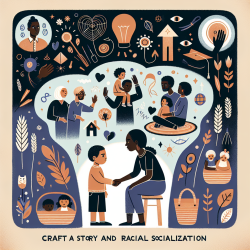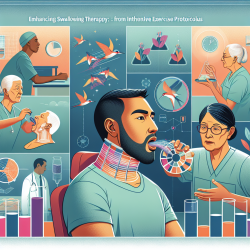Introduction
In the pursuit of Universal Health Coverage (UHC) and the Sustainable Development Goals (SDGs), multisectoral collaboration (MSC) has emerged as a pivotal strategy, especially in low and middle-income countries (LMICs). The research article "Identifying health policy and systems research priorities on multisectoral collaboration for health in low-income and middle-income countries" provides a comprehensive analysis of MSC, highlighting the need for effective collaboration across various sectors to enhance health outcomes.
Key Findings and Their Implications for Practitioners
The research identifies two primary areas of focus: leadership, partnership, and governance structures for MSCs, and MSC implementation strategies and mechanisms. For practitioners, understanding these areas is crucial for improving their skills and outcomes in their respective fields.
Leadership, Partnership, and Governance Structures
Effective leadership and governance are essential for successful MSCs. Practitioners should focus on developing strong leadership skills and fostering partnerships that are based on mutual trust and shared goals. This involves understanding the roles and responsibilities of different stakeholders and creating governance structures that facilitate collaboration.
Implementation Strategies and Mechanisms
Implementing MSCs requires strategic planning and the use of effective mechanisms. Practitioners can benefit from understanding the strategies that have been successful in other contexts, such as enabling legislation, policy mandates, and accountability mechanisms. By applying these strategies, practitioners can enhance the effectiveness and sustainability of their collaborative efforts.
Encouraging Further Research
While the research provides valuable insights, it also highlights gaps in knowledge, particularly regarding the methodologies best suited for studying MSCs. Practitioners are encouraged to engage in further research to explore these areas, contributing to a more robust understanding of MSCs and their impact on health outcomes.
Conclusion
By focusing on effective leadership, governance, and implementation strategies, practitioners can significantly improve their skills and the outcomes of their collaborative efforts. The research underscores the importance of evidence-based guidance and the need for ongoing research to address the complexities of MSCs.
To read the original research paper, please follow this link: Identifying health policy and systems research priorities on multisectoral collaboration for health in low-income and middle-income countries.










